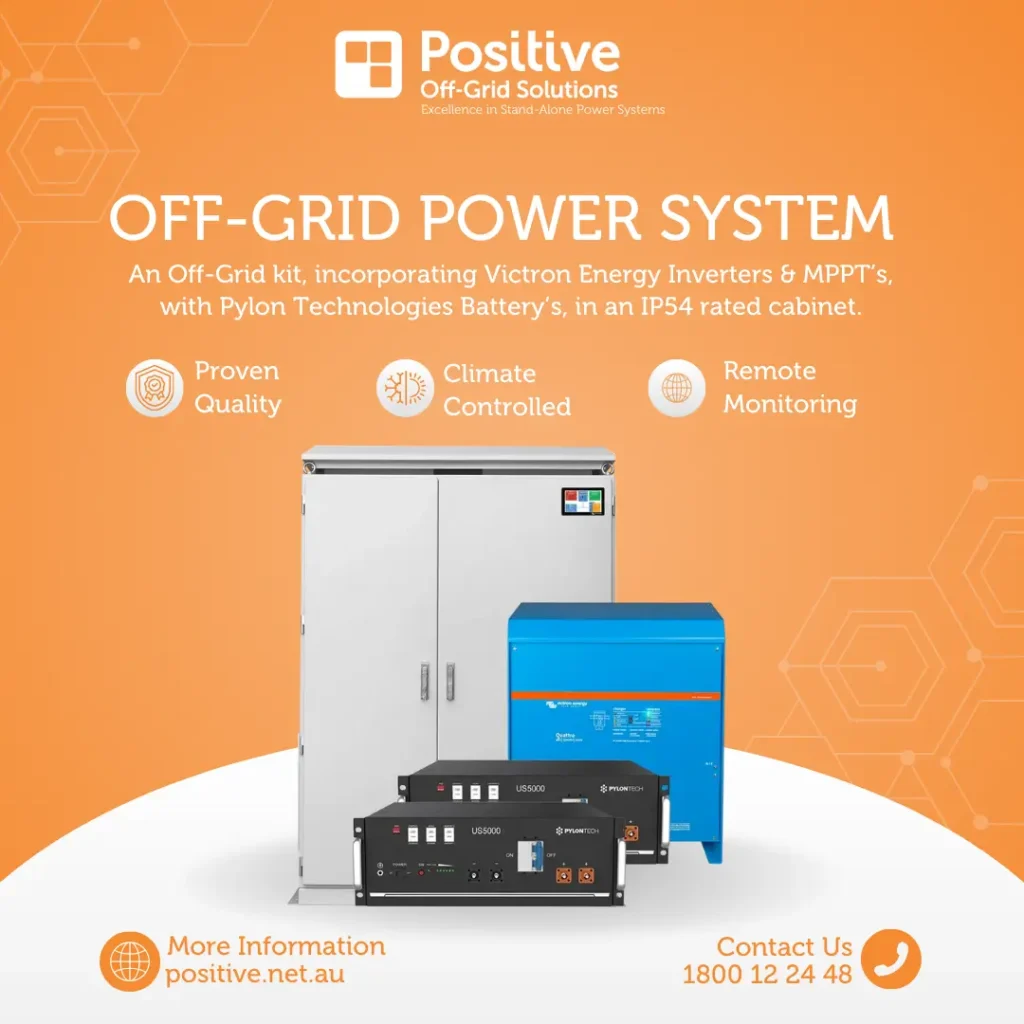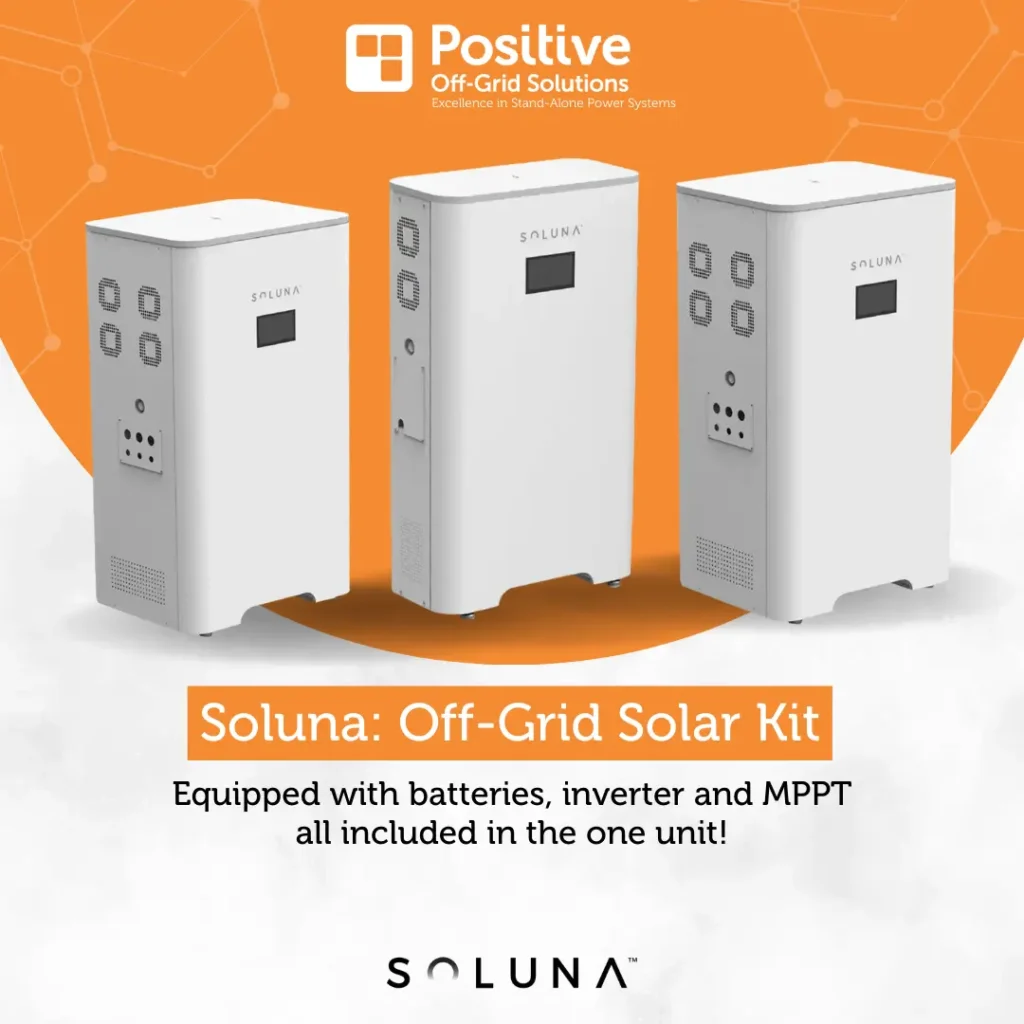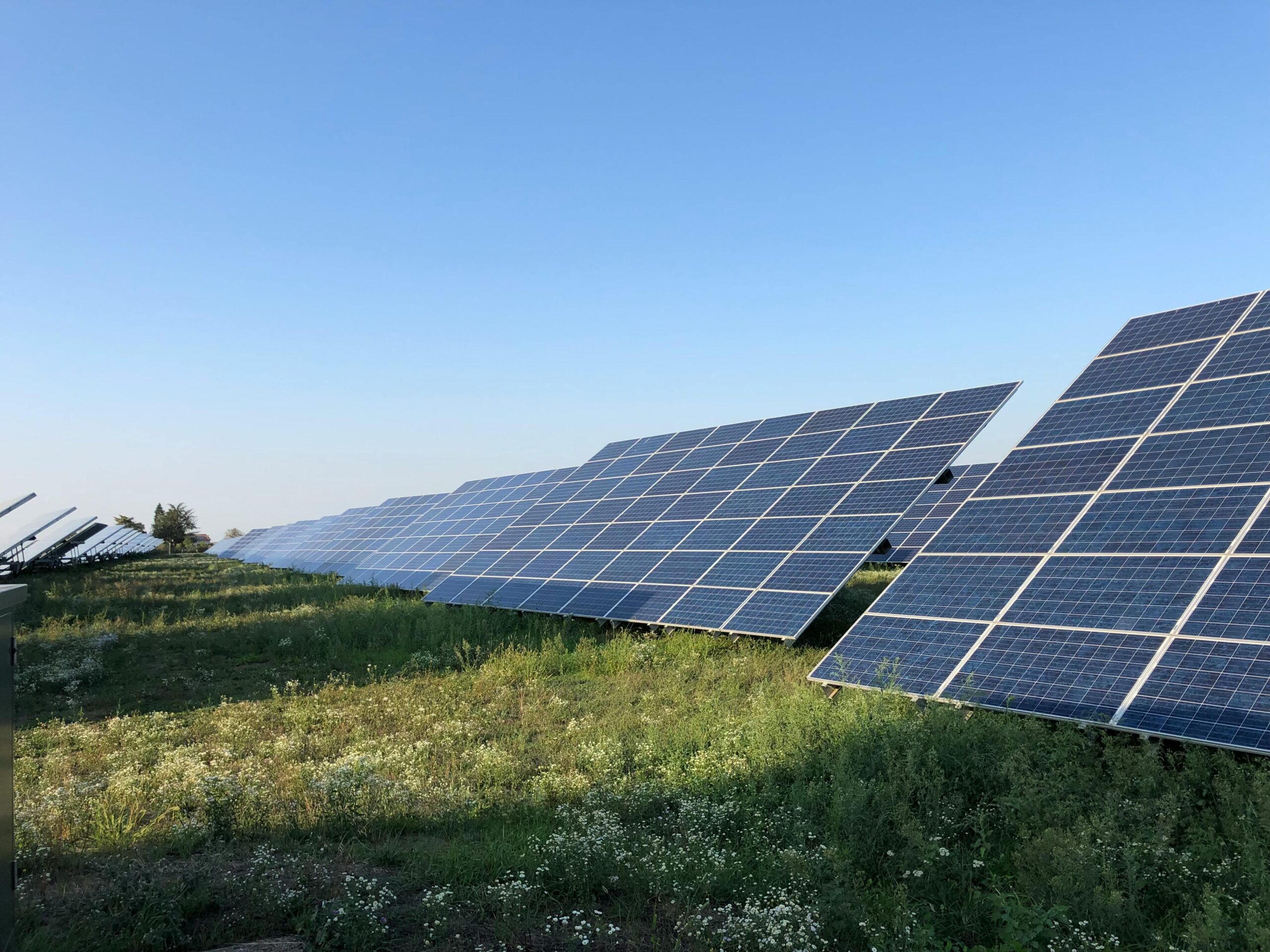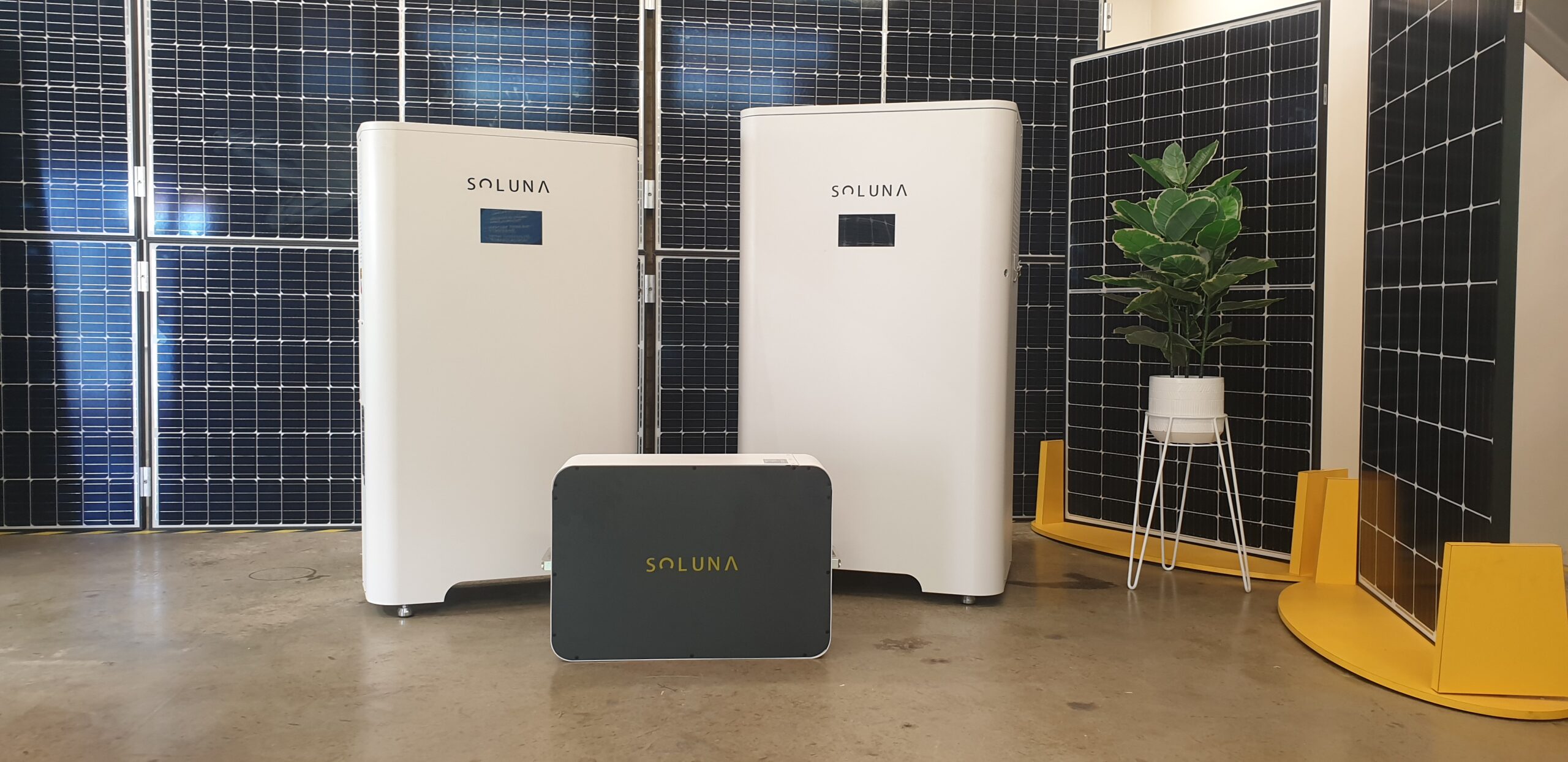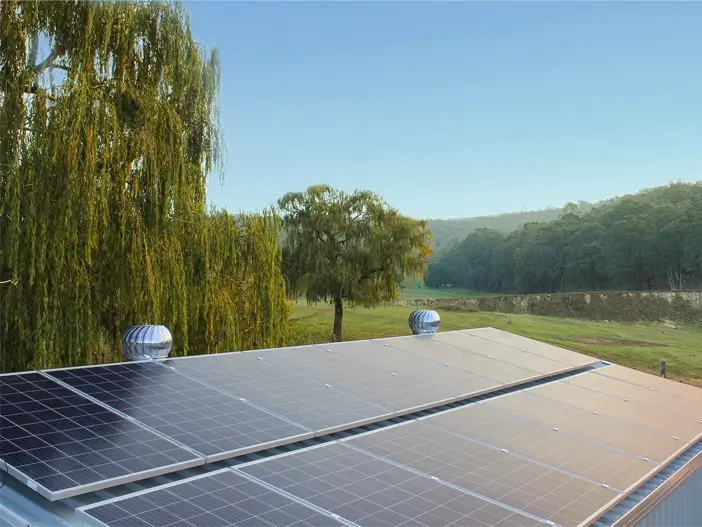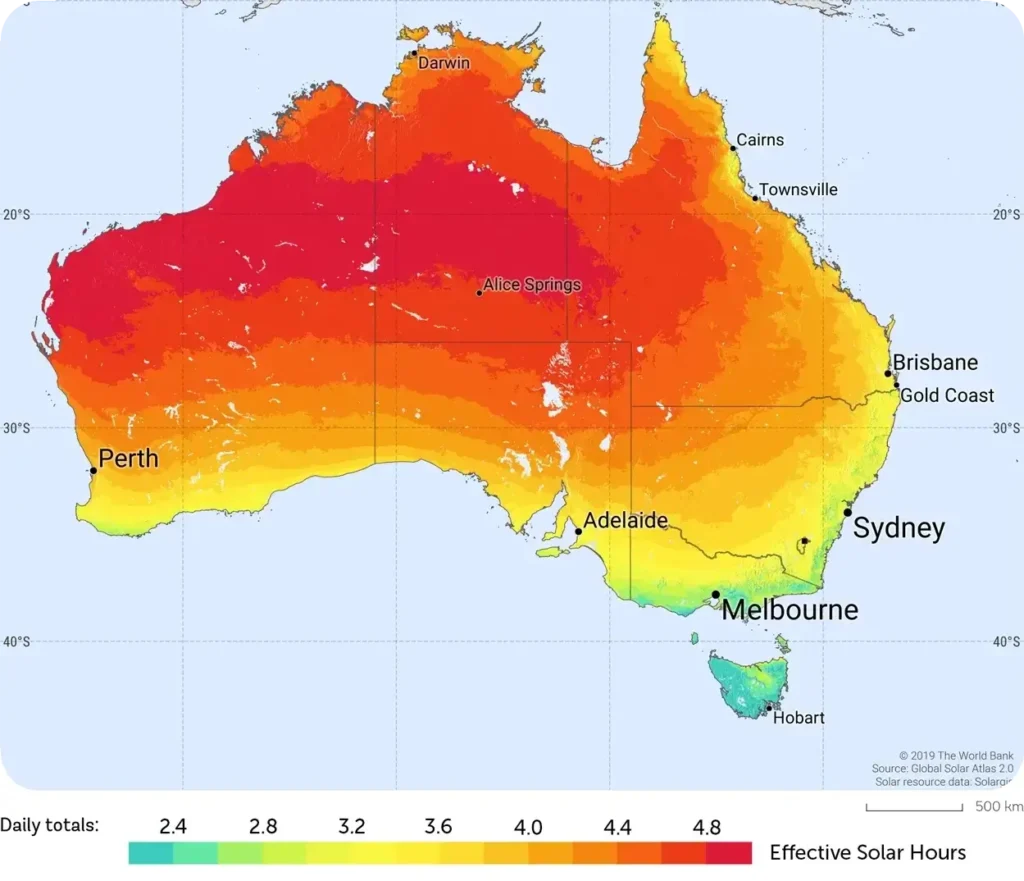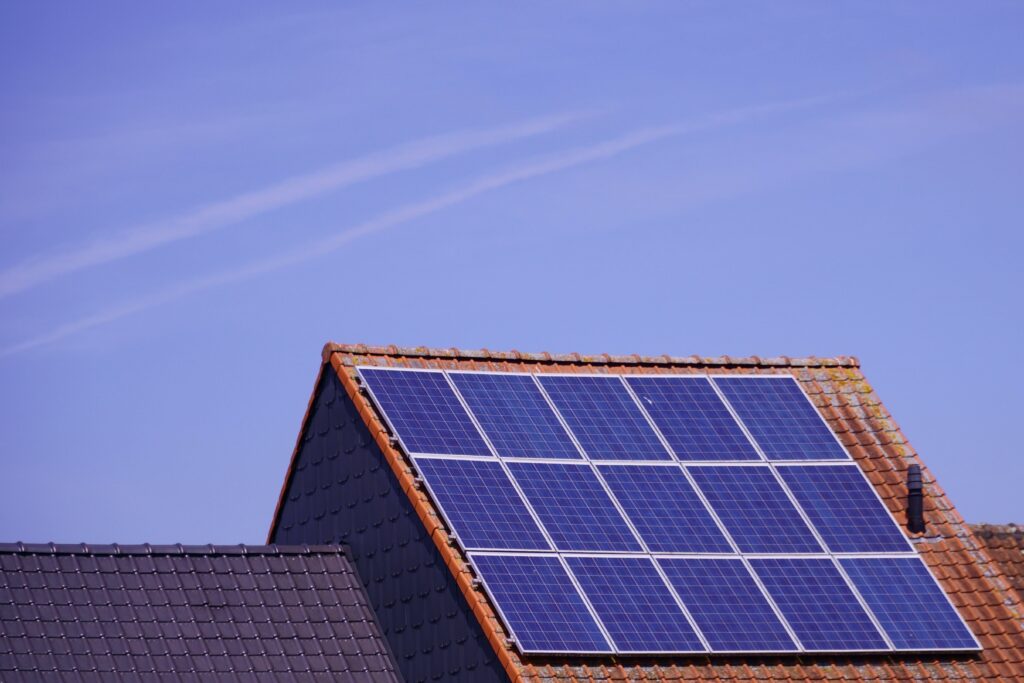
In an era of sustainable living, harnessing solar power for residential homes is a forward-thinking decision. This step-by-step guide aims to unravel the technicalities, benefits, and considerations involved in integrating solar power system for home.
1. Benefits of Solar Power
Switching to solar power offers numerous advantages. It reduces electricity bills, lowers carbon footprint, and qualifies for tax incentives. Additionally, solar energy contributes to grid stability and energy independence.
2. Grid-Tie vs. Off-Grid Solar: Understanding the Difference
Grid-tie systems connect to the local utility grid, allowing homeowners to sell excess energy. Off-grid systems, on the other hand, operate independently, ideal for remote locations. Deciding between them depends on your location, budget, and energy goals.
3. Why Choose Off-Grid Solar?
Off-grid solar provides autonomy, crucial in areas with unreliable grid access. It’s a reliable solution for self-sufficiency, offering power during grid outages or in off-grid locations.
4. Solar Panel Lifespan: How Long Do They Last?
Solar panels have a lifespan of 25-30 years or more. Their durability is attributed to robust materials and minimal maintenance requirements. Regular cleaning and occasional inspections suffice to ensure optimal performance.
5. Types of Solar Panels in the Market
The solar panel market boasts various types, including monocrystalline, polycrystalline, and thin-film. Each has distinct features; monocrystalline excels in efficiency, while thin-film offers flexibility.
6. Ground Mount vs. Roof Mount: Where Should Your Panels Go?
The choice between ground and roof mounts depends on available space and orientation. Ground mounts offer flexibility, while roof mounts utilise existing structures, maximising space efficiency.
7. What Size Solar Energy System Do I Need?
Calculating the right system size involves considering energy consumption, roof space, and local sunlight. Consult with solar professionals to determine the optimal system size for your home.
8. Is Solar Energy a Sound Investment?
Solar panels have become more affordable, making solar energy a wise investment. Reduced energy bills and potential resale value improvements contribute to a compelling return on investment.
9. Do Solar Systems Require Maintenance?
Solar systems generally have low maintenance requirements. Regular cleaning, checking for shading issues, and occasional professional inspections ensure long-term efficiency.
Our commitment to providing the best off-grid systems in Australia stems from years of expertise and a dedication to sustainability. With an emphasis on autonomy, resilience, and efficiency, our off-grid solutions ensure uninterrupted power, even in the most remote locations.
Choosing Positive Off-Grid Solutions means embracing cutting-edge technology, personalised system designs, and a team of experts committed to your energy independence. From the initial consultation to the seamless installation process, we prioritise your unique needs, ensuring a custom solution for your residential solar requirements.
As you delve into the solar-powered future, let Positive Off-Grid Solutions be your guiding light. Explore the unmatched benefits of off-grid living with a partner that exemplifies excellence in every aspect of residential solar solutions. Together, let’s illuminate a greener, more sustainable tomorrow.
Get in touch to receive a quote today!


